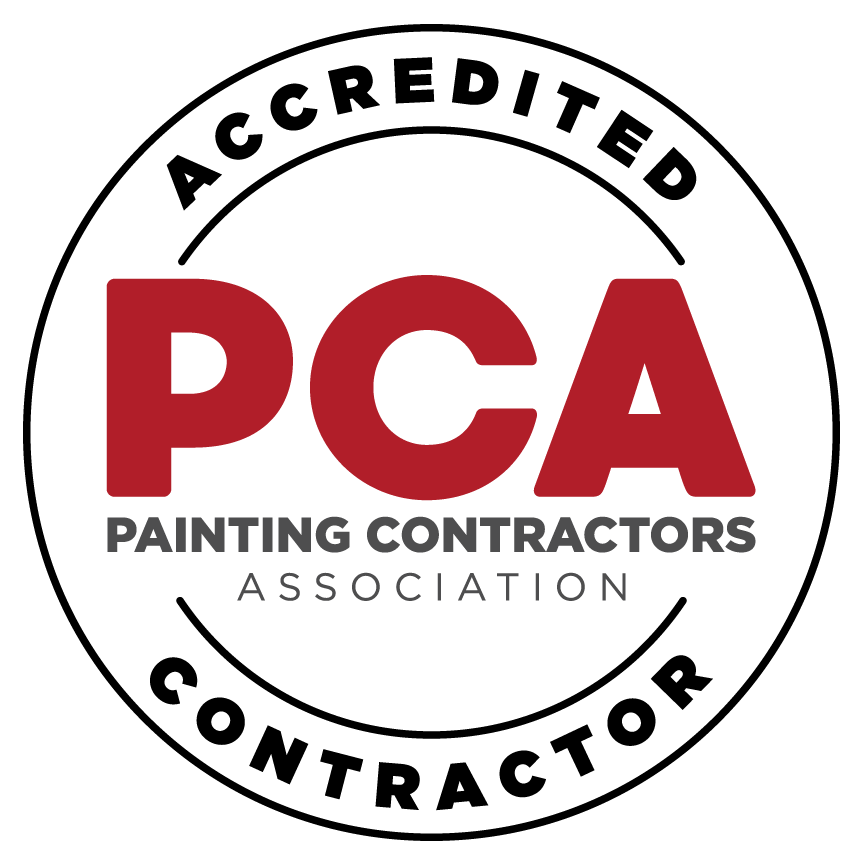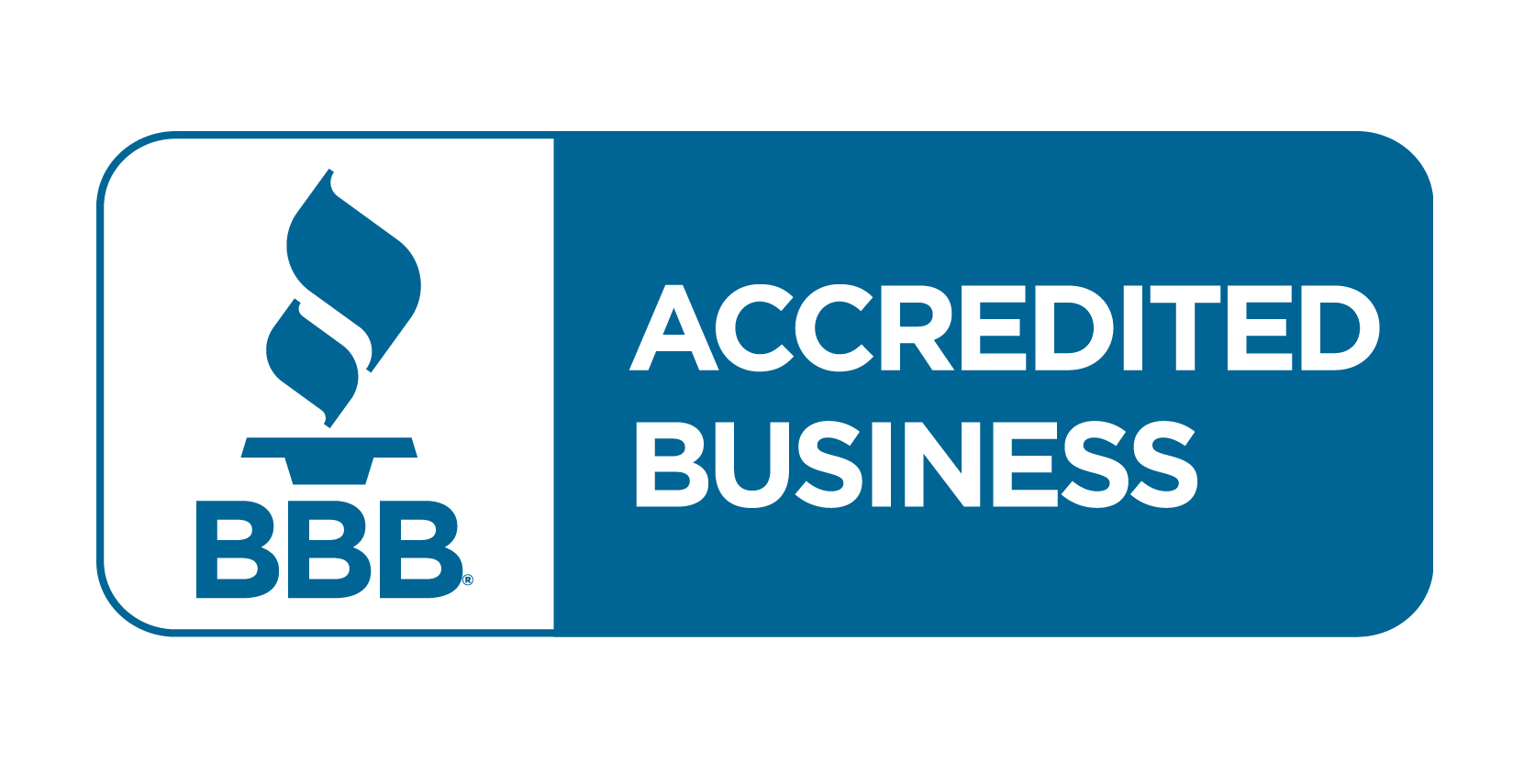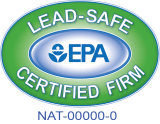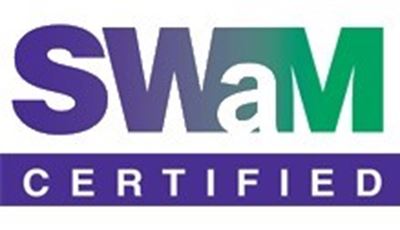
20 Years Later ... And Still Washing
July 27, 2021
20 Years Later ... And Still Washing
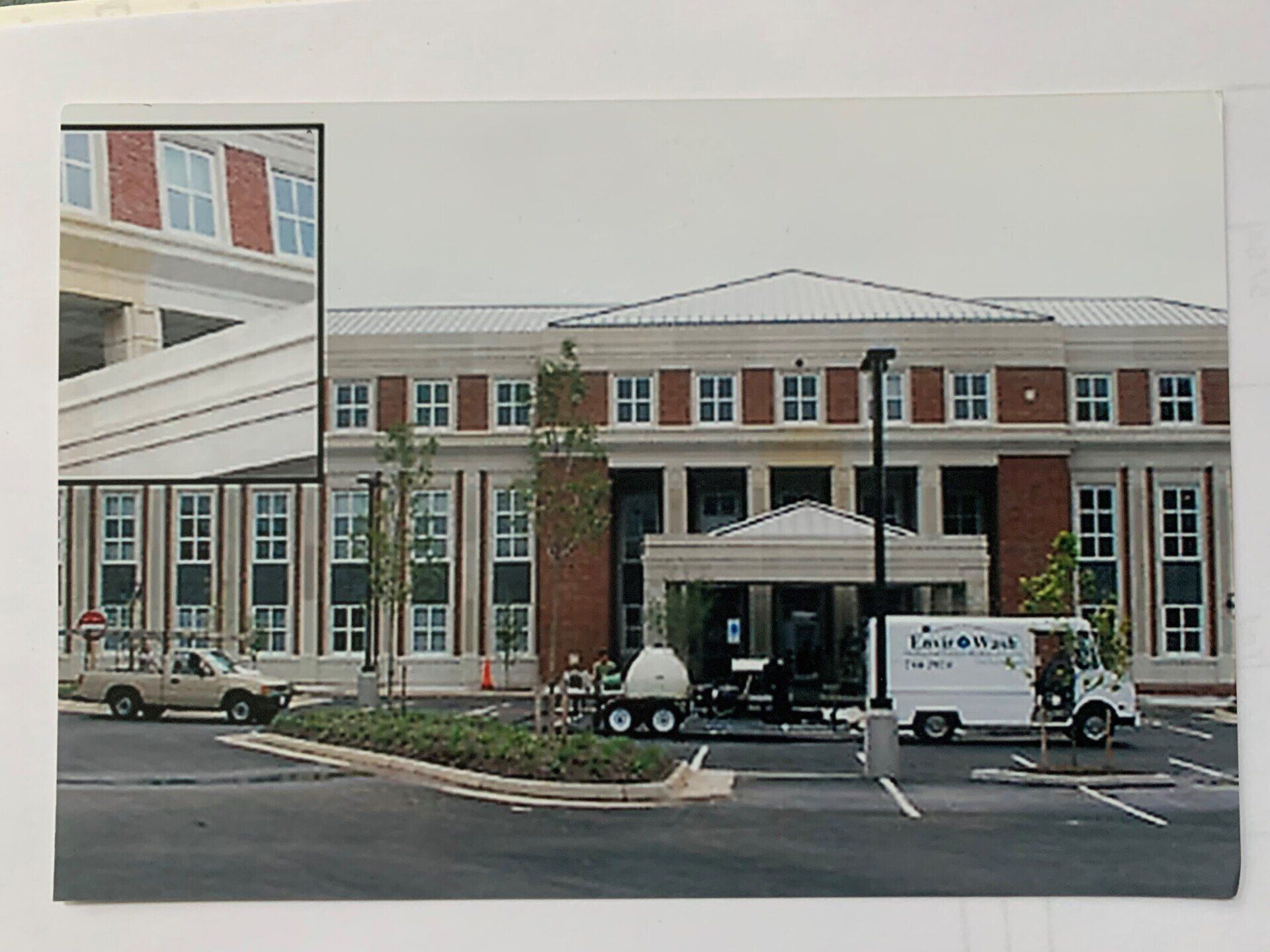
Envirowash began in James Herbert’s garage, with a single converted U.S. Postal Services truck and a 4 GPM (gallon per minute) pressure washer. Herbert was hoping to create a business of his own in Richmond after years of working for others. He turned to power washing after cleaning his own house and feeling an instant sense of accomplishment when the work was done. “It was the first time in years I had the gratification of working and getting results immediately,” he says.
In his early 20s, Herbert left a steady but “slow-moving” job and struck out for Alaska with a friend. Driving – and sleeping – in a VW van converted into a camper, the pair ended up on the banks of the Tonsina River, in the southeastern part of the state, where they built a log cabin from spruce trees burned in a previous year’s forest fire. They ate salmon from the river, berries from the land, and even bear, shot by Herbert’s friend. A few months later, they left for Anchorage, where they would find work and an easier supply of food. Eventually, Herbert’s friend returned to the lower 48, but Herbert stayed and began working in the amusement industry, placing coin-operated machines in stores. The next year, he persuaded his girlfriend, who was still in Virginia, to come to Alaska with him. She agreed – as long as they got married. After eight years in Alaska – and with three children – Herbert and his wife needed to be closer to family. They moved first to South Carolina, then to Richmond, where both had grown up. Herbert cashed in his 401K to purchase the equipment needed to start Envirowash and began advertising his services in his neighborhood and nearby. After a year in business, he was able to hire an employee to work with him. The following year, he hired someone else and more equipment. Expansion continued. “It was a nice, linear, upward-sloping revenue stream,” Herbert says, noting that the COVID pandemic did force some downsizing from a company high of 23 employees. “I had never really let anybody go,” he says. “One guy stole gas, and I fired him. Other than that, I give people chances. I think we have the strongest team now we ever have.” Now, Envirowash has five trailers, each transporting four pressure-washing machines that heat the water used in cleaning. One trailer has a reclamation system that collects run-off so it can be reused or discarded safely. “Water molecules are a lot faster when they are heated, so cleaning is more effective,” Herbert notes. “It’s like trying to clean a greasy dish with cold water and detergent. It’s almost impossible to get the film off. But when you have hot water, you need less detergent and it gets
clean faster and more effectively.”
The reclamation equipment is important because some jobs require that all water used be recovered. For example, Envirowash was recently awarded a contract to clean the local holdings of a fast-food restaurant chain. Several restaurants are close to storm drains, meaning they carry water from the parking lot to creeks, rivers, and ultimately the Chesapeake Bay, so Envirowash will recover wash water run-off so as to protect Virginia’s waterways. The ethos of protecting the environment is embedded in the company’s name and a way of doing business. “I hate polluted water and dirty air; I have a real love for the environment,” Herbert says. “Unless it’s the law, no one wants to be environmentally responsible, because of the price tag. But change is coming faster than we think, and we’re ready.” Envirowash is also ready to start a new decade with a staff that Herbert believes will sustain and grow the company’s residential and commercial business. A team-based approach, he says, is the best way to ensure the company’s continued success. “We have a collaborative, more democratically run office,” he says. “My final word needs to be in unison with what is suggested. I can’t put stock in any one person – everyone is replaceable, even me.”
While he remains dedicated to Envirowash, Herbert sees his role in a new light. “One of the biggest things I recognize is that [life’s] not all about money; it’s about spending quality time with family and friends, and being of service to them,” he says. “With Envirowash, I’ll continue to be the visionary and mentor, but will leave the day-to-day operations to our qualified staff.”

